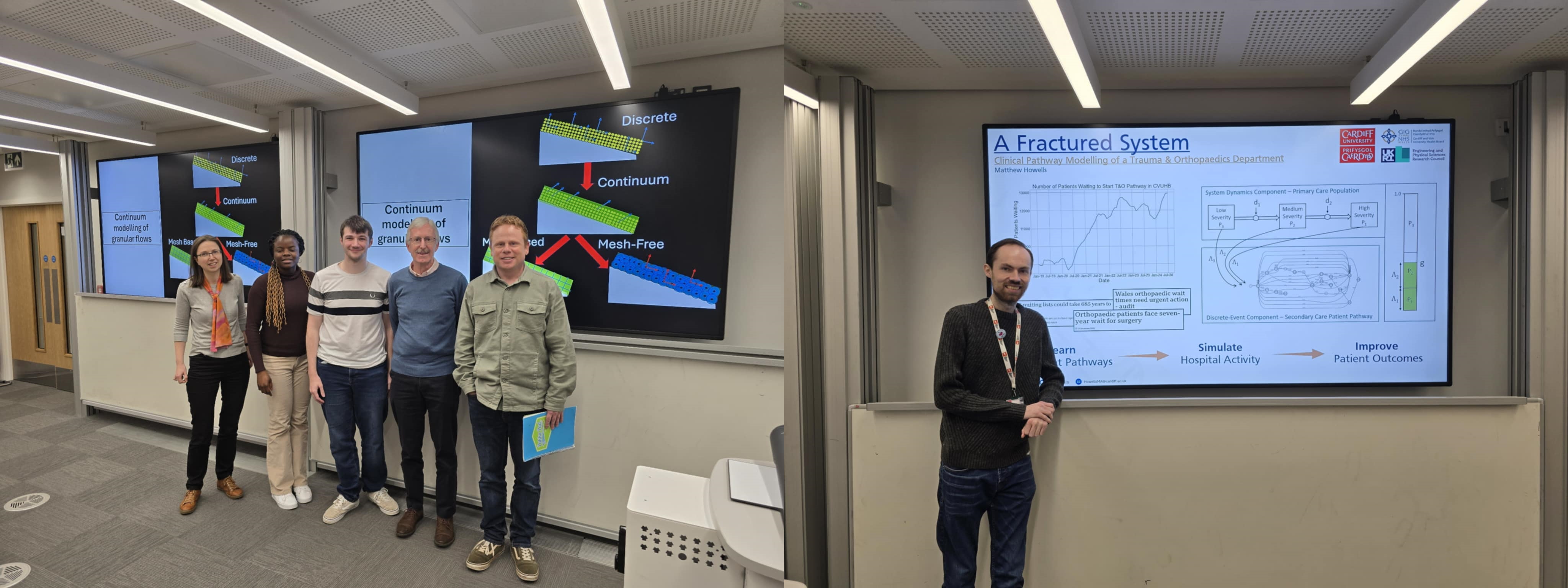Time and date: 7 June 2023 at 2:00 pm | Location: Abacws 1.04 | Speaker: Michalis Panayides
What are the behavioural dynamics that emerge at the interface of emergency departments (EDs) and ambulance services? What is the impact of time-target policies, and how does it affect staff behaviour and patient well-being? This research focuses on building a queueing theoretic model to represent an ED that accepts two types of patients: ambulance patients and other patients. Consequently, a game theoretic model is presented to explore the behavioural gaming that takes place when three players (two EDs and an ambulance service) interact with each other. Evolutionary learning algorithms are used to explore the behaviours that emerge in such a scenario. In particular, the behaviour that naturally emerges from the game seems to be one that causes more blockage and includes less cooperation. Several ways to escape these learned inefficient behaviours are explored and discussed. The results of this research can be used to inform policy makers about the impact of time-target policies on the behaviour of EDs and ambulance services, and to suggest ways to improve the efficiency of the system.


